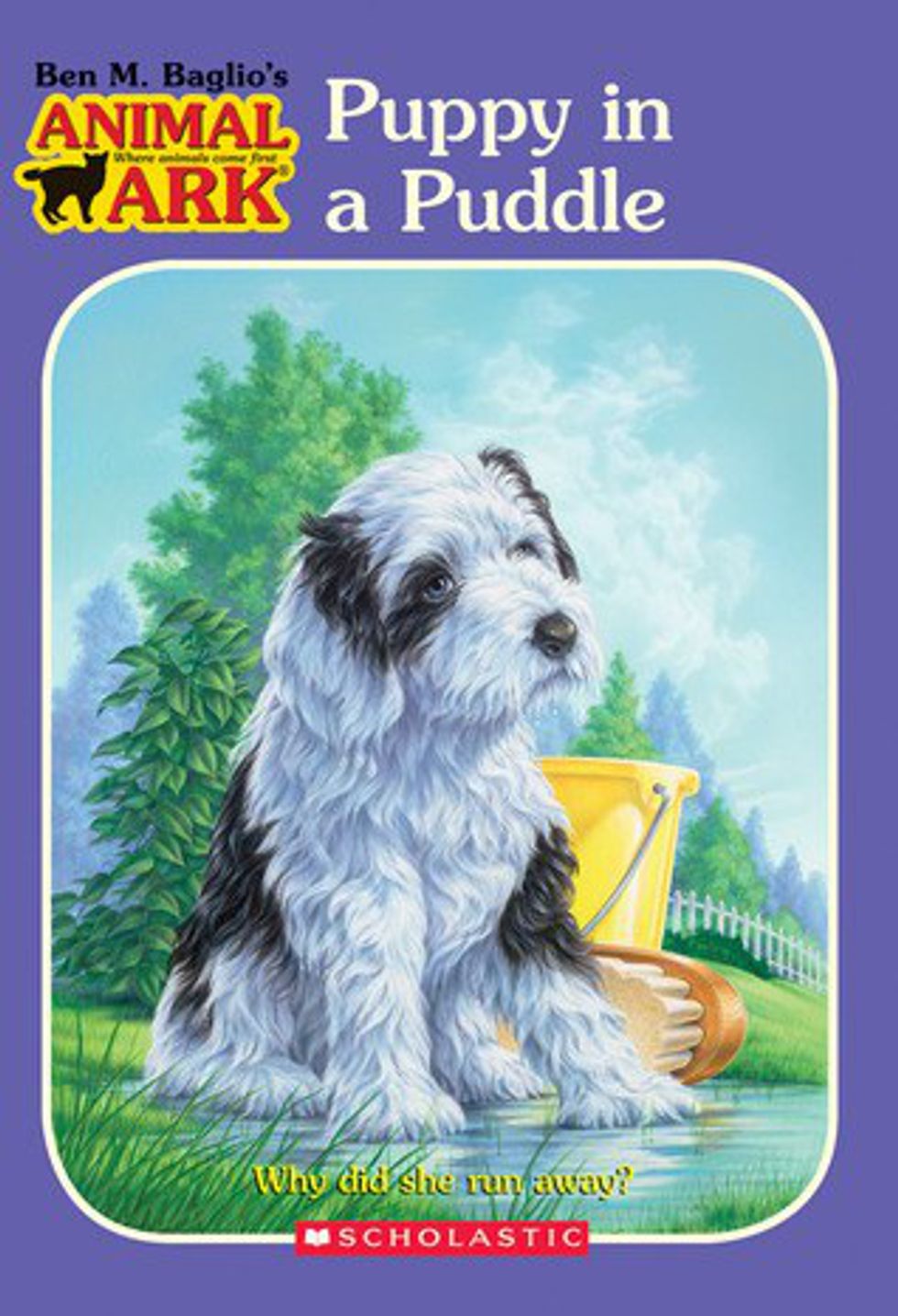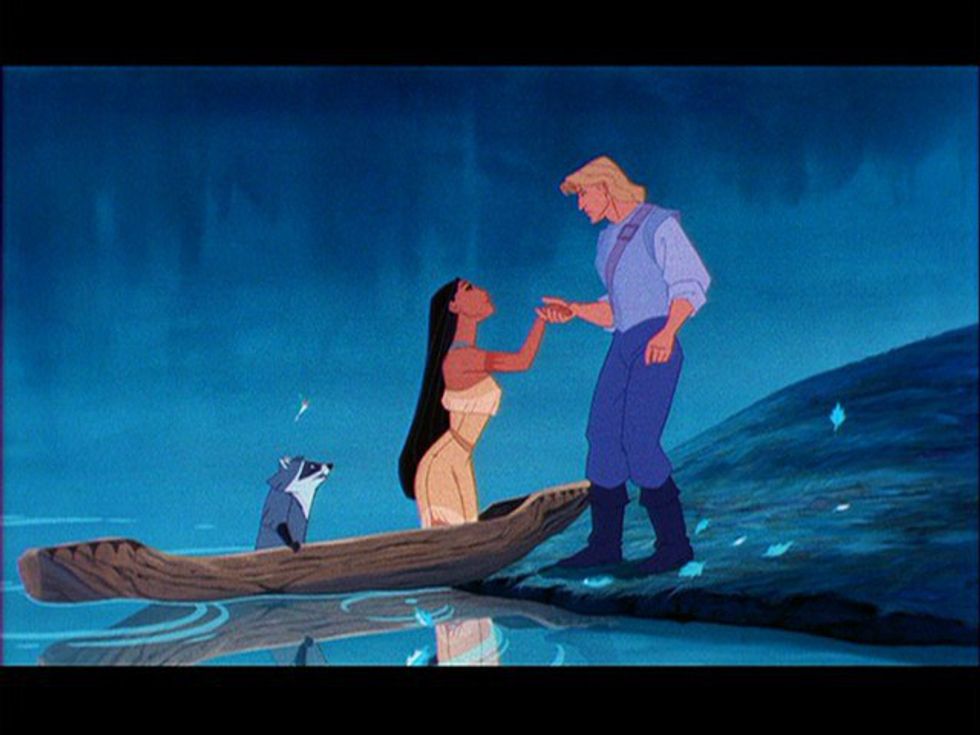No fan of Harry Potter can resist the lure of nostalgia with the recent release of “Harry Potter and the Cursed Child” by J.K. Rowling, John Tiffany and Jack Thorne. It's been nearly a decade since the seventh and final book in the original series was released, yet the memories associated with this magical story remain as vivid as ever. Like many others fans, I grew up alongside Harry's adventures in Hogwarts; the growth of the characters seemed to mimic my own developing maturity as I aged. Looking back on my experience reading these books for the first time fills me with a warm sense of nostalgia—but how does this feeling impact my view of the work? Should the lens of nostalgia be considered a kind of bias?
It's important to recognize that nostalgia can have a blinding effect at times, especially when it comes to beloved childhood favorites. For example, is the book Puppy in a Puddle by Ben M. Baglio really a masterpiece of fiction or do I love it simply because it was the very first chapter book I ever finished reading by myself? In this case, my opinion of this book is very much bolstered and romanticized due to the positive memories with which I associate reading it. Our views are no less valid when they are tinged with nostalgia, but it is important to acknowledge that they may not be entirely based on the actual content of the work itself.
However, the influence of nostalgia on our current opinions becomes more controversial when problematic content is involved. As a child I loved Disney's Pocahontas. I loved the songs and the animals and the whole historical aspect of it. But when I watch it now, my conscience cringes a little inside. Even though I still love that movie, I'll be the first to admit that it definitely does not uphold our modern day ideals of gender and racial equality. For instance, the Native Americans are stereotyped as “savages” and there are countless historical inaccuracies in the story. The marriage of Pocahontas is transformed into this romantic affair, when in reality it was a forced arrangement. Needless to say, this Disney movie is far from perfect.
It's easy to be blinded by nostalgia when we have our past favorites always at our fingertips. But before going on the defensive, be sure to ask yourself: Is this a sentimental or educated opinion? Am I a proud believer in the ideals that this book, movie or other form of content displays? Distinguishing between informed and purely personal views can help to clear the nostalgic fog that often shrouds our better judgment. It's perfectly okay to like Pocahontas—just as long as we recognize its problematic viewpoints on certain topics.
So, what does this mean for Harry Potter fans in light of the newest book release? Honestly, it means whatever you would like it to. We can choose to be caught up in the waves of our childhood memories, refusing to even entertain the prospect of additional stories. Or we can decide to welcome this new installment with open arms and give it the chance it deserves.























